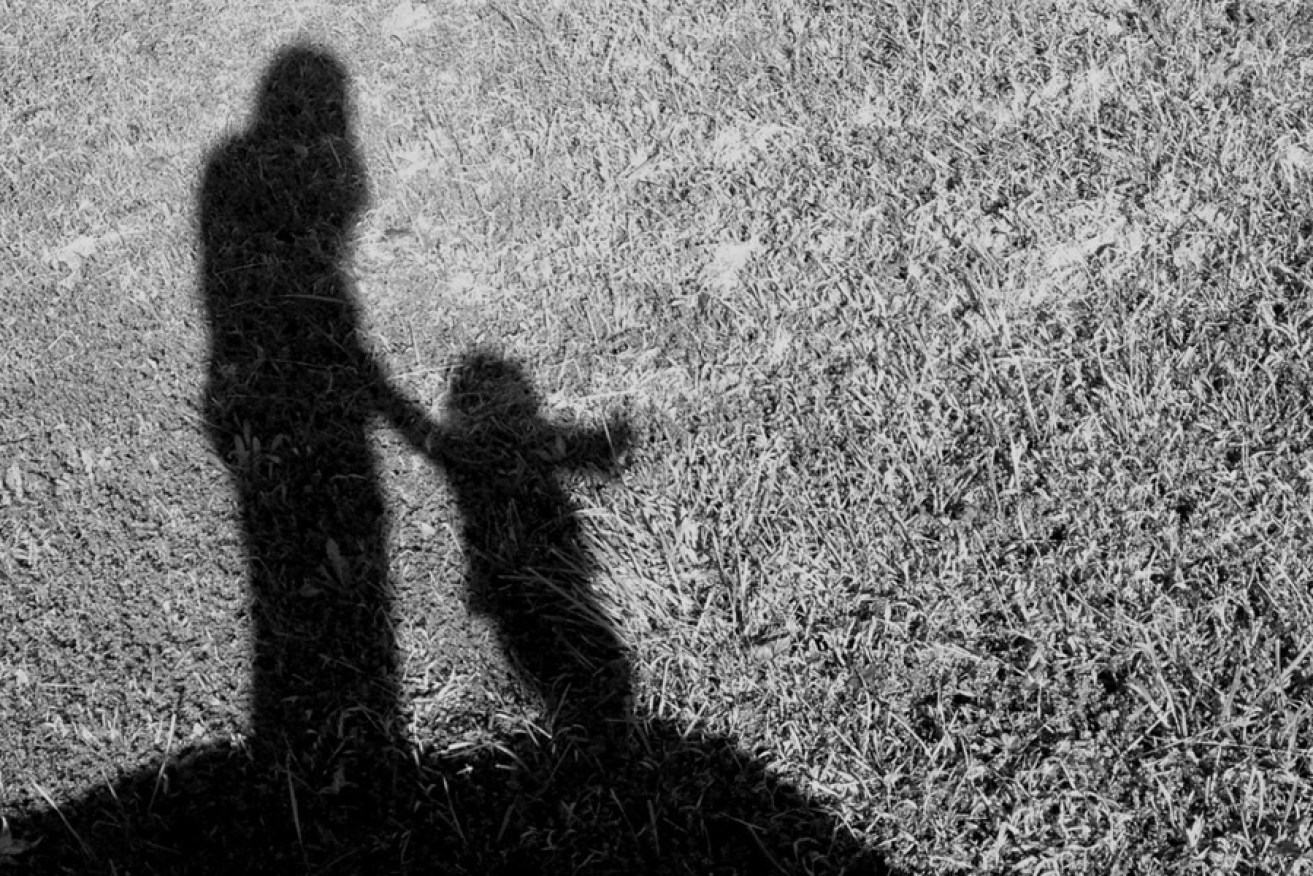Warning child protection staffing at ‘crisis point’
Senior youth workers fear the safety of children in residential care homes is being compromised by chronic understaffing and worker stress, with the public sector union claiming 150 shifts went uncovered by the Child Protection Department over a six-week period last year.

File image
The SA Public Service Association (PSA) lodged a dispute with the Department for Child Protection in the Employment Tribunal in October over concerns full-time senior youth workers overseeing residential care facilities had been forced to clock up to an extra 20 hours of overtime every week to cover unallocated shifts.
The union claims between September 26 and November 6 last year, the Department covered 337.5 residential care shifts using overtime, while another 150 shifts went uncovered.
It claims that on nine occasions during the six-week period, senior youth workers were asked by the Department to work night shifts after working eight-hour afternoon shifts to cover the staffing shortfall, leaving them experiencing “extreme levels of stress and anxiety”.
According to the PSA, understaffing in residential care homes has been a problem since 2011, when the residential care directorate of Families SA was established, but the issue had reached a “crisis point” in recent months.
It said it had “consistently” raised the issue with the Department over the past two years “to no avail”, prompting its decision to lodge a dispute in the Employment Tribunal.
“These dedicated senior youth workers are at their wits’ end – they’ve put up with two years of chronic staff shortages that are putting the children they care for and themselves at risk,” PSA assistant general secretary Natasha Brown said.
“Residential care workers go above and beyond for the children in their care – they have extreme levels of goodwill.
“That risks being eroded if the State Government doesn’t immediately address this crisis.”
The PSA has called on the Department hire at least 60 more full-time staff, but after three hearings in the Employment Tribunal, it said issue was still unresolved.
Instead, the union said the Department hired private agency staff to fill rostering gaps – a solution it described as a “band-aid” that contradicted Child Protection Royal Commissioner Margaret Nyland’s 2016 recommendation to phase out private contract staff.
“The government is cutting early intervention programs and failing to provide resources where they are needed,” Brown said.
“This crisis needs addressing before there is a tragedy.”
But Child Protection Department deputy chief executive Fiona Ward said the Government had recruited and retained more residential care staff over the last two years than ever before.
She said the Department was this week interviewing for child and youth workers.
“We are committed to ongoing recruitment, evidenced by the rolling recruitment campaigns that have been a feature of our workforce strategy,” she said.
“The majority of overtime undertaken by child and youth workers is voluntary, with staff pre-booking shifts.
“On occasions where staff may need to work overtime, ensuring that children and young people receive safe and responsive care is our utmost priority.”
Ward said the Department took instances of work-related fatigue “seriously” and had proposed to the PSA an “alternative process for filling rostered shifts and managing overtime”.
“We expect to hear feedback from the PSA soon,” she said.
Opposition child protection spokesperson Katrine Hildyard said it was “increasingly clear there is an ongoing crisis in child protection in South Australia”.
“The DCP (Department for Child Protection) has been aware of these staffing issues for a long time and it is simply unacceptable they have not dealt with it,” she said.
A spokesperson for Child Protection Minister Rachel Sanderson referred InDaily to the Department.
Residential care is provided to a child in a residential premises by paid or contracted workers where a family-based placement is not suitable.
Each premises usually accommodates about four children who have been removed from their family home.
Latest data released by the Department shows in November last year there were 546 children in residential care in SA.
The number of children in residential care in SA has steadily increased in line with an increase in the number of children entering care.




